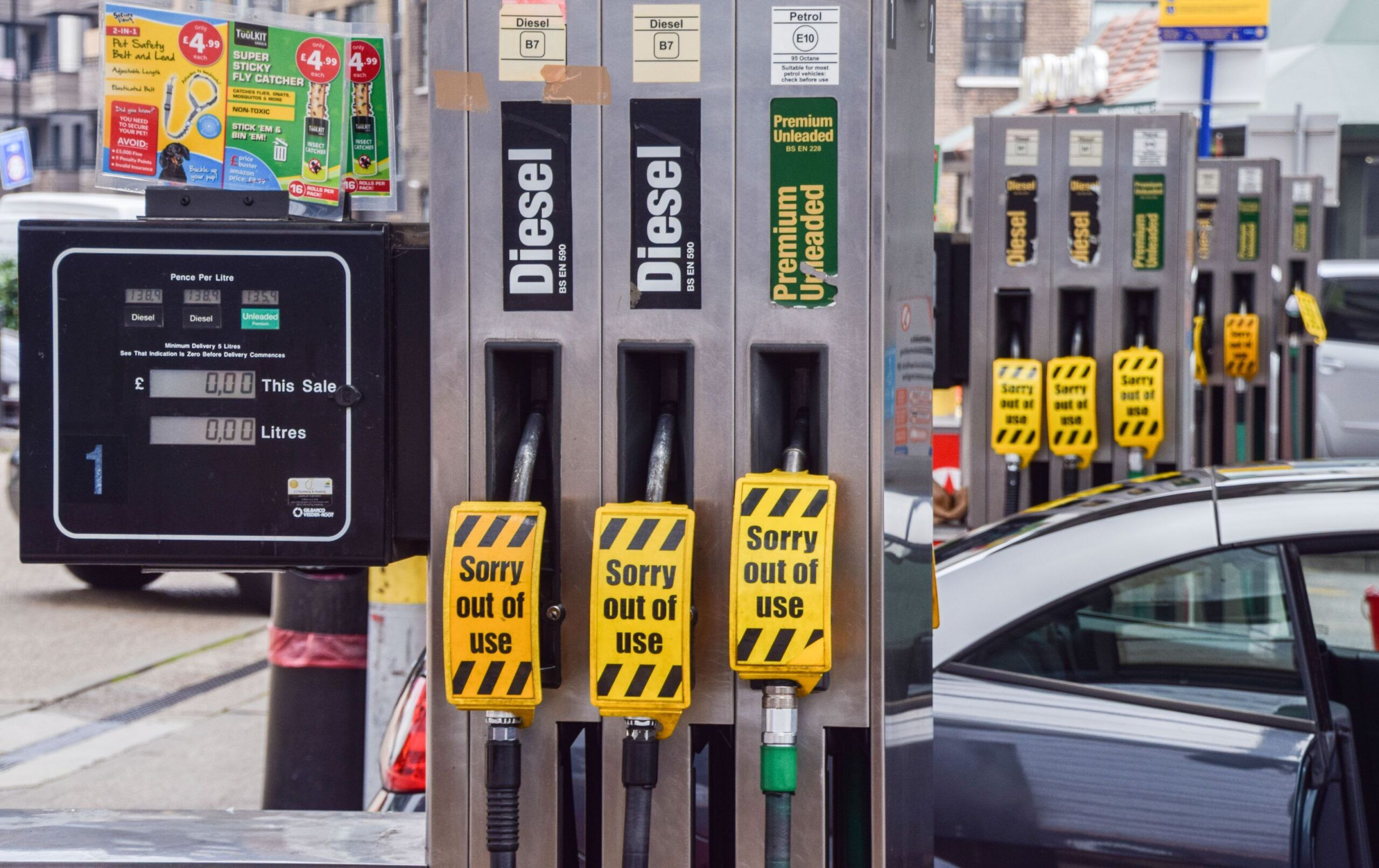A passing problem?

Despite the Central government extending its Universal Service Obligation (USO) to retail outlets in remote areas, the situation in several states — including Telangana and Madhya Pradesh — has not improved. Amid drying up of petrol pumps in certain states, the Central government had released USO on June 17, demanding fuel retailers to maintain supplies of petrol and diesel throughout the specified working hours, maintaining inventory levels and providing on-demand services within a reasonable time frame. In Hyderabad, more than 40 per cent of fuel outlets ran out of supply and the Food and Civil Supplies Minister was to hold an emergency meeting with OMCs. In Bhopal, reportedly, private companies had their outlets shut in defiance of the government-issued USO. Earlier, Marketing Director of Indian Oil Corporation (IOC) had tweeted that "product availability at our retail outlets is absolutely normal. There is adequate product availability & supplies to all markets. We request you not to panic." Somewhat similar assurances were given by BPCL and HPCL as well. The government, however, while acknowledging the situation, has attributed the inadequate supply to a surge in agricultural demand, shifting of bulk buyers to retail pumps, and temporary logistic issues. If that be the case, the petrol crisis could be termed as a mere passing problem. But the perpetuation of the crisis in Madhya Pradesh and Telangana is a sign of a deeper crisis. Many authorities have categorically denied the talks of fuel shortage. The problem appears to lie more with the supply chain and distribution. Some are warning of creation of an "artificial scarcity" by the OMCs and private players to offset their losses. Getting to the root of the problem is a complicated thing as the concerned stakeholders — state-run and private OMCs and dealers and retailers — are currently involved in playing blame games against each other. Petroleum dealers are blaming public oil marketing companies for deliberately restricting fuel supplies and facilitating merely 33 per cent of the total demand. They have further alleged the companies of rationing and denial of working credit. OMCs are also being blamed for having frozen the prices of fuels amid soaring international crude oil prices in the run-up to assembly elections in five Indian states. The broader apprehension is that the OMCs are aligning with the government on curbing oil prices to contain inflation. As per a report by Hindustan Times, as of June 16, state-run OMCs were incurring a Rs 19.7 per litre revenue loss on petrol and Rs 31.9 a litre on diesel. While the government has acknowledged that there is a shift of the bulk buyers to retail points, it is itself being criticized for increasing the bulk supply rate by Rs 28/litre on diesel through OMCs — triggering the burden on retail stores. However, the buck has been passed on to private players as well, many of which had either shut down or sold fuels at higher prices. This also contributed to overburdening of public retail points. Notably, all the three OMCs — BPCL, HPCL and IOCL — have publicly clarified that there is no acute shortage of fuels in their control. The critical question remains if the inconsistencies in the chain of interactions between all the concerned stakeholders has resulted in the crisis? More importantly, is "artificial shortage" created deliberately, and what purpose does it serve? Central government's USO has only placed the obligation on all retail units to remain open and sell at reasonable prices. It doesn't go to the root of the problem. Continuance of the problem in Madhya Pradesh and Telangana is an indicator that more consideration is required on the situation. This becomes particularly important as the monsoon is around the corner. A general trend is that the demand for diesel goes up during the monsoon season. It remains to be seen how oil marketing companies will respond to this situation. They may go for significant price increases as well, provided they are not under some sort of direct or indirect constraints. The conundrum, it appears, is not about shortage of fuels but about evading losses. The Consortium of Indian Petroleum Dealers (CIPD) is reported to have asked dealers not to sell more than usual volumes as they were incurring losses on retail sales. A similar strategy is adopted by private companies as well. The whole thing ultimately boils down to striking a balance between containing inflation and preventing OMCs from losses.



